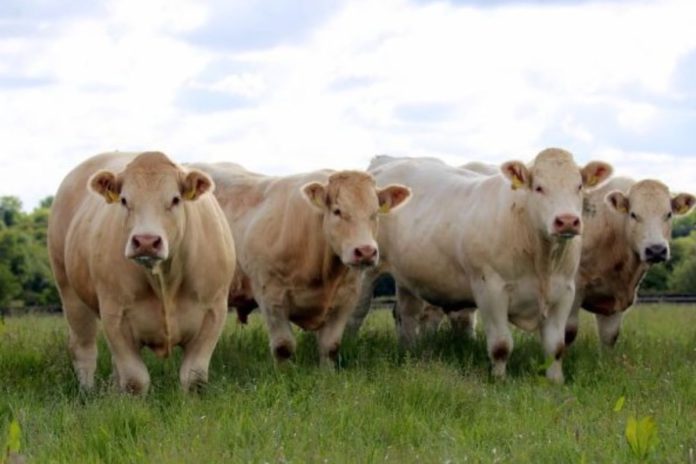Exporters moving cattle to the Republic of Ireland (ROI) must now prepare for new requirements relating to Bovine Viral Diarrhoea (BVD).
DAERA issued a reminder about the new BVD trade requirements earlier today (Tuesday, July 5th, 2022).
The BVD testing requirements of the Export Health Certificate (EHC) – which became operational in 2021 – have to be met to export to member states that either have an EU-approved BVD Eradication Programme or have achieved BVD Free status.
The Department of Agriculture, Food and the Marine in the ROI applied to the European Commission for recognition of its BVD eradication programme in February.
In a statement, the DAERA said that is anticipated that approval of the DAFM’s programme will be granted imminently. As a result, BVD-free status is expected in 2023.
BVD: Testing and quarantine
When approval is received, cattle moving to the ROI for breeding and production will have to meet additional BVD requirements.
This may include:
- Additional testing beyond the statutory tissue tag test;
- In some cases, a period of at least 21 days in official quarantine.
The DAERA confirmed that cattle moving directly to slaughter will be unaffected.
Meeting new requirements
Keepers who export cattle to the ROI, or other member states with an approved programme, should consider the options for meeting the new requirements of the EHCs, it DAERA said.
For example, an exporter who wishes to use the quarantine option will need to apply to DAERA for approval of an Approved Quarantine Establishment (AQE).
The process for obtaining approval of the AQE may take up to 6 weeks.
Therefore, exporters may wish to consider applying in advance of the ROI’s BVD programme being approved.
According to DAERA, the level of BVD in animals across Northern Ireland has fallen over 50% since the compulsory eradication scheme’s introduction in 2016.
The department says that it continues to work with industry to drive down levels of this disease.
It is currently taking the “necessary steps” to introduce new legislation which will allow for the implementation of herd restrictions.
However, it recognises that further measures may be required. It suggested that this may include a second phase of legislation to support the eradication of BVD.
Key measures:
- BVD vaccinated animals are still be permitted to move to member states without BVD-free status;
- However, once free status is achieved, BVD vaccinated animals will no longer be eligible for export;
- The DAERA said BVD vaccines play an “important” role in protecting breeding animals from becoming infected with the BVD virus. For many herds, their continued use is recommended;
- A spokesperson said: “Anyone who may want to export cattle to the ROI for breeding and production needs to be mindful that BVD vaccination is likely to prevent trade in the future.”
- Seek advice from your Private Veterinary Practitioner, the DAERA advises.
Other articles on That’s Farming





